If you’re searching for the right cough medicine for kids or wondering whether to try home remedies for cough before heading to the pharmacy, you’re not alone. Coughs, colds, and sore throats are among the most common health complaints in Kenya, affecting children and adults alike. This comprehensive guide will walk you through everything from traditional remedies to the best cough syrups available in Kenyan pharmacies, all while keeping safety at the forefront.
Why Coughs and Sore Throats Are So Common in Kenya
Climate and Environmental Triggers
Kenya’s diverse climate plays a significant role in respiratory health. The transition between long rains and cold seasons, particularly in highland areas like Nairobi, creates perfect conditions for cold viruses to spread. Add to this the dust and air pollution in urban centers such as Nairobi and Mombasa, and you have a recipe for irritated throats and persistent coughs.
Many Kenyans notice their symptoms worsen during the cold season (June to August) or when dust storms sweep through arid regions. These environmental factors don’t cause colds directly, but they do irritate the respiratory system and make it easier for viruses to take hold.
Most Cases Are Viral
Here’s something important to understand: the vast majority of coughs and sore throats are caused by common viruses like those responsible for colds and flu. This means antibiotics won’t help and aren’t necessary. Your body’s immune system, combined with proper rest and symptom management, is usually all you need to recover within 7 to 10 days.
The Importance of Self-Care
Both traditional home remedies and modern pharmaceutical options have their place in managing cough and cold symptoms. The key is knowing which to use, when, and how to use them safely, especially when it comes to cough medicine for kids.
Time-Tested Home Remedies for Cough and Sore Throat
Before reaching for cough syrup, many Kenyans turn to remedies that have been passed down through generations. Science has actually validated many of these traditional approaches.
The Original Soothers: Natural Ingredients That Work
Honey and Lemon
This classic combination is perhaps the most effective home remedy for cough, particularly for dry or tickly coughs and sore throats. Honey coats the throat, reducing irritation, while lemon provides vitamin C and helps cut through mucus. You can mix a tablespoon of honey with fresh lemon juice in warm water or add it to herbal tea.
Critical safety note: Never give honey to children under 1 year old due to the risk of infant botulism.
Ginger (Tangawizi)
Fresh ginger is a powerhouse for throat inflammation. Boil sliced or crushed ginger in water to make a decoction, then sip it warm. The warming effect helps soothe the throat while ginger’s natural compounds work to reduce inflammation. Many Kenyans add honey to this mixture for enhanced benefits.
Turmeric (Manjano)
Known for its potent anti-inflammatory properties, turmeric is often mixed with warm milk or honey. A popular remedy is “golden milk,” made by stirring turmeric powder into warm milk with a pinch of black pepper (which helps your body absorb turmeric’s beneficial compounds).
Physical Relief Methods
Steam Inhalation
The practice of “kufukiza,” or inhaling steam, is wonderfully effective for nasal congestion and chesty coughs. Boil water, pour it into a bowl, and carefully lean over it with a towel draped over your head to trap the steam. Some people add Vicks Vaporub or eucalyptus oil to the water for additional relief. Just be careful not to get too close to avoid burns.
Hydration Is Key
This cannot be emphasized enough: drink plenty of fluids. Water, soups, and herbal teas like “dawa” (the ginger-lemon-honey tea popular in coastal regions) all help thin mucus, soothe your throat, and support your immune system.
Saltwater Gargles for Sore Throats
One of the simplest yet most effective sore throat treatments is gargling with warm salt water. Mix half a teaspoon of salt in a glass of warm water and gargle for 30 seconds, several times a day. This reduces throat swelling and washes away irritants.
Over-the-Counter Cough and Cold Medicines for Children
When home remedies aren’t enough, parents often turn to cough medicine for kids. However, this area requires extra caution.
Safety First: Important Warnings from the Kenyan Pharmacy and Poisons Board
The Kenyan Pharmacy and Poisons Board (PPB) has issued important warnings regarding certain multi-ingredient cough syrups for very young children. Recent recalls of some paediatric cough syrups in Africa have highlighted the need for vigilance.
Key safety guidelines:
- Always check that the specific product and batch you’re buying hasn’t been recalled by the PPB
- For children under 2 years old, many multi-ingredient cold medicines are not recommended
- Some ingredients are restricted for children under 6 years old
- Always consult a pharmacist or doctor before giving cough medicine to young children
Pain and Fever Relief vs. Cough Suppression
Calpol Syrup (Paracetamol/Acetaminophen)
Calpol syrup is one of Kenya’s most trusted names for children’s fever and pain relief. It’s crucial to understand that Calpol primarily treats fever and the discomfort of a sore throat, not the cough itself. Always follow the dosage instructions based on your child’s age and weight. Never exceed the recommended dose, and don’t give it more frequently than directed.
Multi-Symptom Relief Options
Several paediatric brands available in Kenyan pharmacies combine multiple ingredients:
Colgin Syrup typically contains paracetamol along with a decongestant and antihistamine, providing relief from fever, congestion, and cough.
Benylin Paediatric ranges offer various formulations for different symptoms, including dry cough and chesty cough versions.
However, with recent concerns about the safety of some paediatric syrups, always verify with your pharmacist that the specific product is approved and hasn’t been subject to any recalls.
Simpler, Safer Options
For mild coughs in children, consider starting with simpler remedies:
Paediatric Simple Linctus is a gentle, non-medicated syrup that soothes coughs without active pharmaceutical ingredients.
Tharaka Honey Kids and similar honey-based cough syrups designed for children offer natural relief without the complexity of multi-ingredient medicines (remember, not for children under 1 year).
Common Cough Syrups and Cough Mixtures Available in Kenya
Walking into a Kenyan pharmacy can be overwhelming with the variety of cough syrups on the shelves. Here’s how to choose the right cough mixture for your symptoms.
Categorizing by Symptom Type
For Chesty or Wet Coughs (Expectorants)
When you have a productive cough with phlegm, you need an expectorant that helps loosen and expel mucus:
Ascoril Expectorant is widely available and contains a combination of Salbutamol (to open airways), Bromhexine (to thin mucus), and Guaifenesin (to help expel phlegm).
Benylin Chesty Cough is formulated specifically for productive coughs, helping you clear congestion more effectively.
For Dry, Tickly Coughs (Suppressants)
A dry cough that won’t stop can be exhausting, especially at night. Cough suppressants work by calming the cough reflex:
Ascoril Dry Cough Syrup is designed specifically for non-productive coughs.
Benylin Dry Cough provides relief from persistent, irritating coughs that keep you awake.
Multi-Symptom or All-in-One Options
Some cough mixtures combine cough relief with decongestants and antihistamines for comprehensive cold symptom management:
Menthodex Cough Syrup is popular in Kenya for its multi-symptom approach, combining cough relief with nasal congestion treatment.
Various Benylin formulations offer different combinations depending on your specific symptom profile.
Understanding OTC vs. Prescription Medicines
Most simple cough mixtures and cold medicines in Kenya are available over the counter (OTC) without a prescription. However, some stronger formulations require a doctor’s prescription.
Codeine-Containing Products: Cough syrups containing codeine, such as some Benylin with Codeine formulations, are prescription-only medicines in Kenya. Codeine is effective for severe coughs but carries risks of dependence and misuse. The PPB has strict guidelines on these products, and pharmacists are required to keep detailed records of their sale.
Never use codeine-containing cough medicines except under medical supervision, and never for extended periods.
Additional Sore Throat Relief Options
Beyond cough syrups, several products specifically target sore throat pain:
Strepsils lozenges are widely available and come in various flavors and formulations, including antibacterial versions.
Kaluma and other local herbal lozenges offer natural alternatives.
Andolex C throat spray provides numbing relief for severe throat pain.
When to Visit a Doctor for a Cough or Sore Throat
While most coughs and sore throats resolve on their own, certain red flags indicate you need medical attention.
Seek Medical Help If You Experience:
- A cough persisting for more than 7 to 10 days without improvement
- High fever that doesn’t respond to paracetamol or ibuprofen
- Difficulty breathing, wheezing, or chest pain
- Coughing up blood or thick, discoloured phlegm (green, brown, or rust-colored)
- Severe, persistent sore throat that makes swallowing extremely difficult (this could indicate strep throat or another bacterial infection)
- Symptoms that worsen significantly instead of gradually improving
- In children: rapid breathing, lethargy, refusal to drink, or unusual drowsiness
These symptoms could indicate complications like pneumonia, bronchitis, or bacterial infections that require prescription antibiotics.
Safe Use and the Essential Role of Your Pharmacist
Final Safety Reminders
Read labels carefully: Check active ingredients, dosage instructions, and age restrictions.
Never exceed recommended doses: More medicine doesn’t mean faster recovery and can be dangerous.
Don’t give adult medicines to children: Children’s bodies process medications differently. Always use age-appropriate formulations.
Check expiry dates: Expired medicines can be ineffective or harmful.
Avoid mixing medicines: Multiple products may contain the same active ingredients, leading to accidental overdose.
Your Pharmacist: The First Line of Expert Advice
In Kenya, pharmacists are often the first and most accessible healthcare professionals for mild to moderate cold and cough symptoms. They can:
- Help you choose the right product for your specific symptoms
- Verify that medicines haven’t been recalled by the PPB
- Advise on proper dosing, especially for children
- Recognize when you need to see a doctor
- Answer questions about potential drug interactions
Don’t hesitate to ask questions at the pharmacy counter. A good pharmacist is your partner in managing your family’s health safely and effectively.
Conclusion
Managing coughs, colds, and sore throats in Kenya requires a balanced approach combining traditional wisdom with modern medicine. Whether you’re looking for the best cough medicine for kids, trying home remedies for cough, or selecting the right cough syrup from options like Ascoril, Benylin, or Menthodex, the key is informed, safe use.
Start with simple home remedies and proper hydration. When pharmaceutical intervention is needed, consult your pharmacist, choose the right product for your symptoms, and always prioritize safety, especially with children’s medicines. Most importantly, know when professional medical care is necessary.
Stay healthy, stay informed, and remember that your local pharmacist is always there to guide you toward the best treatment options for you and your family.
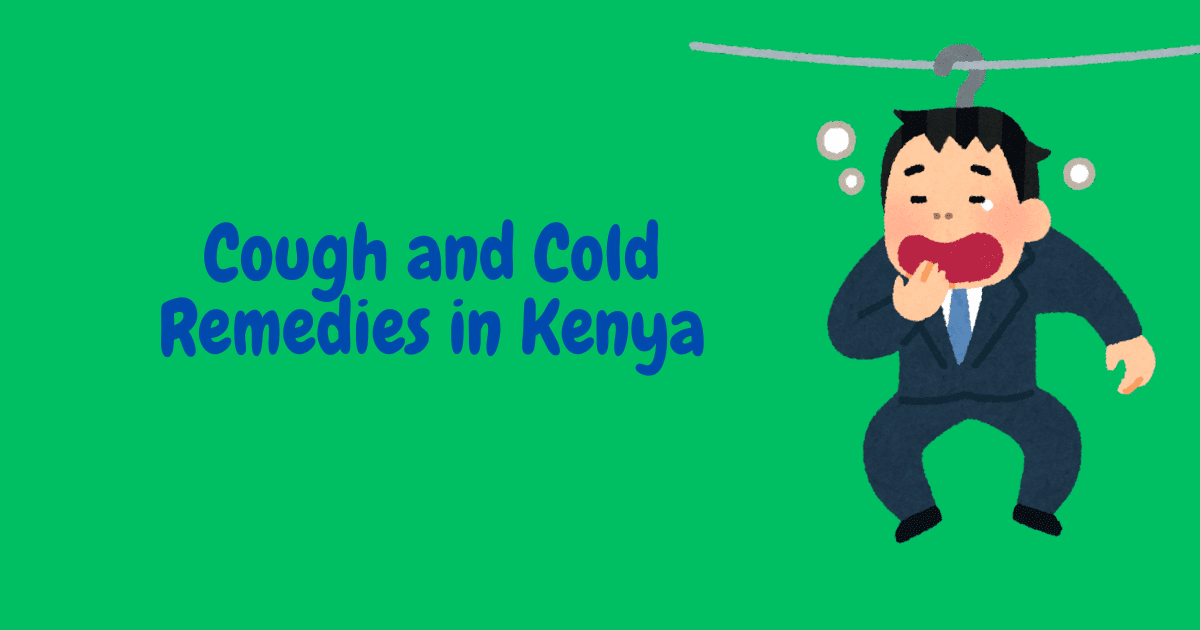
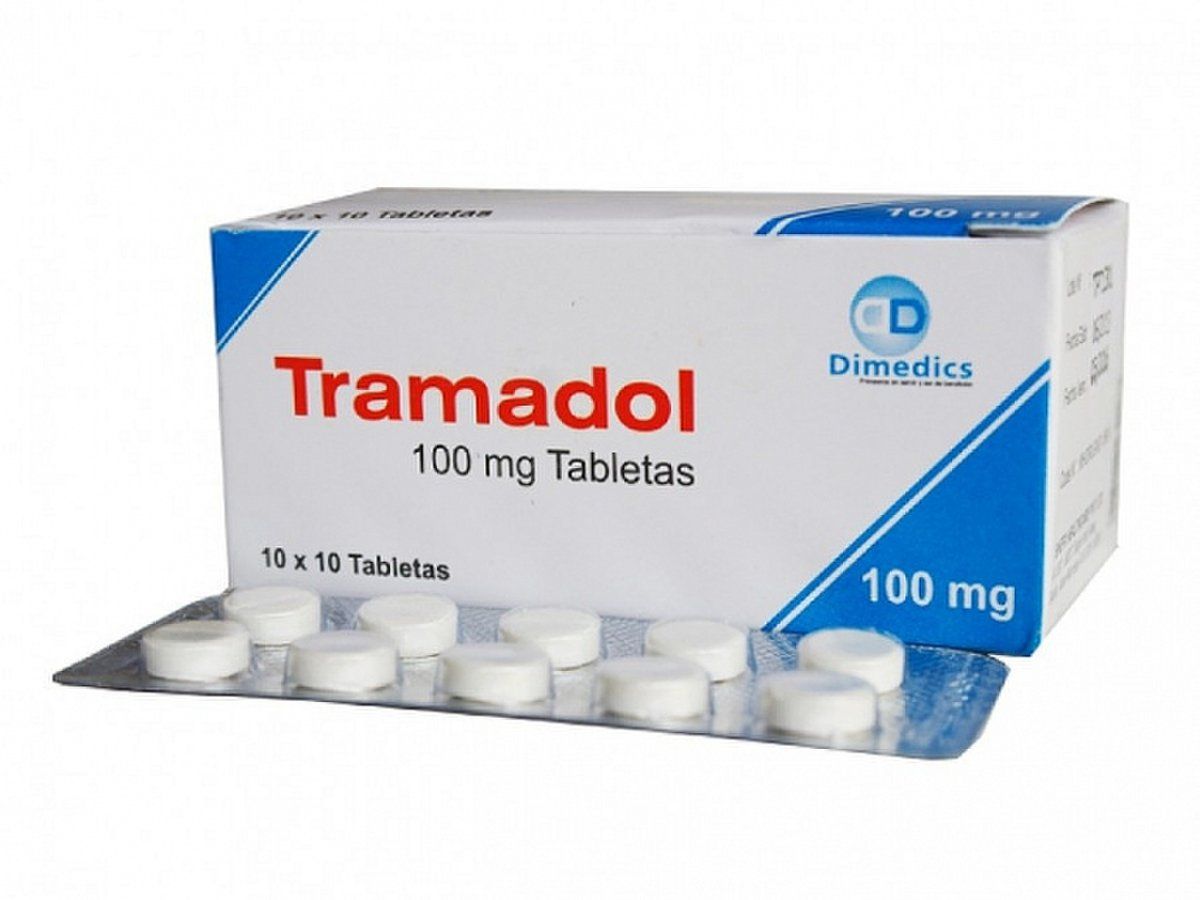



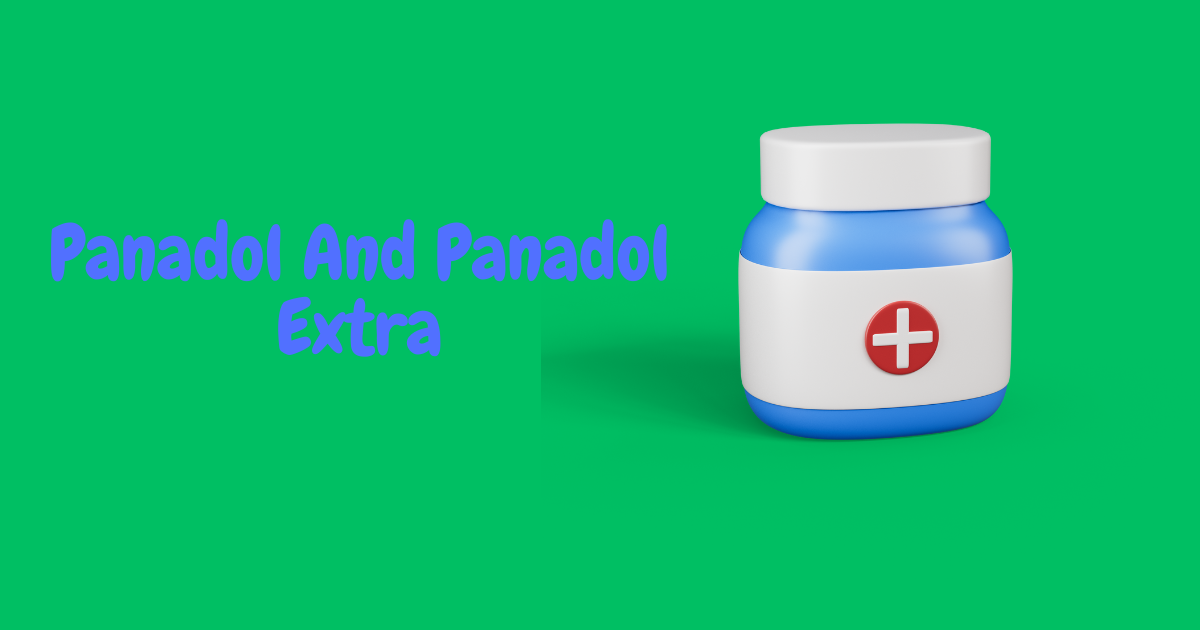
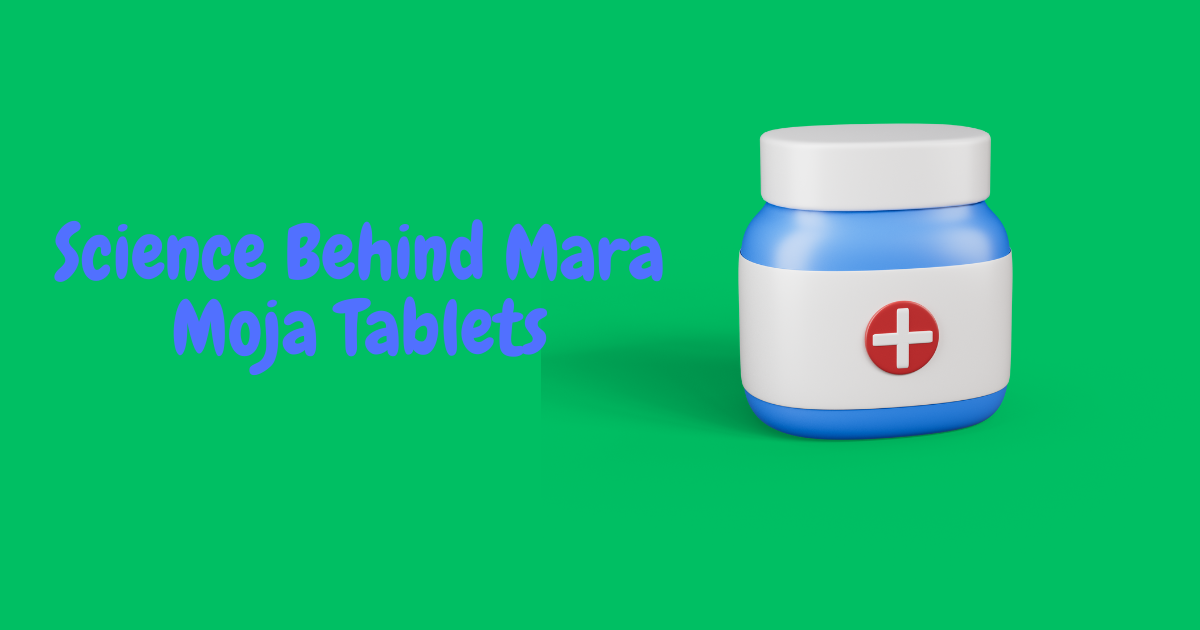
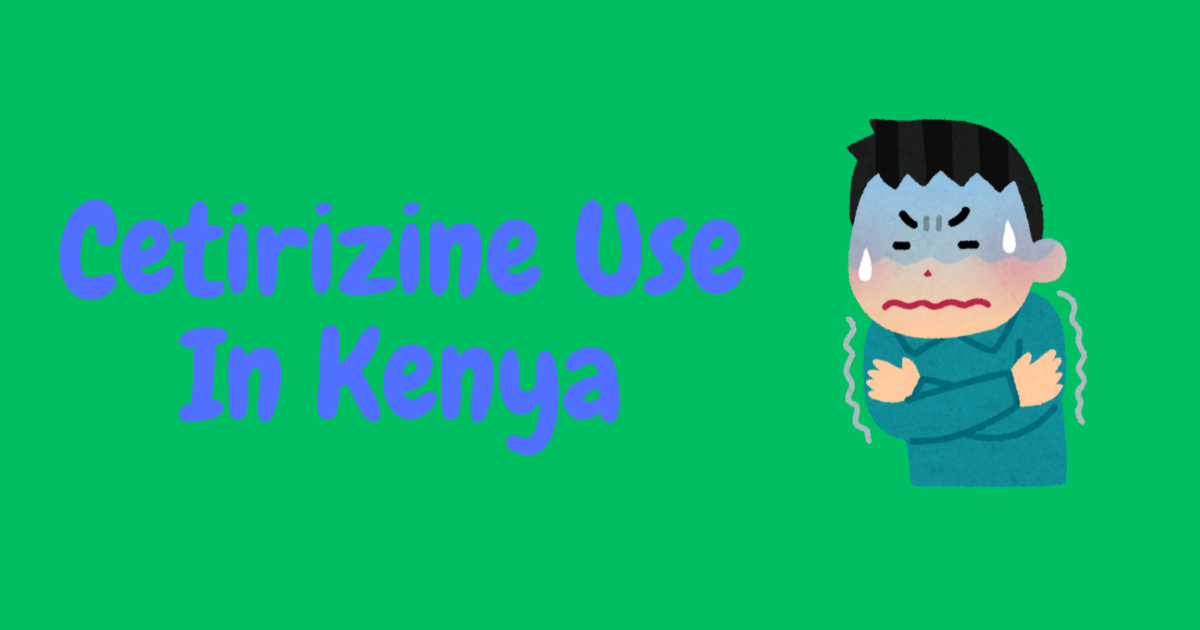
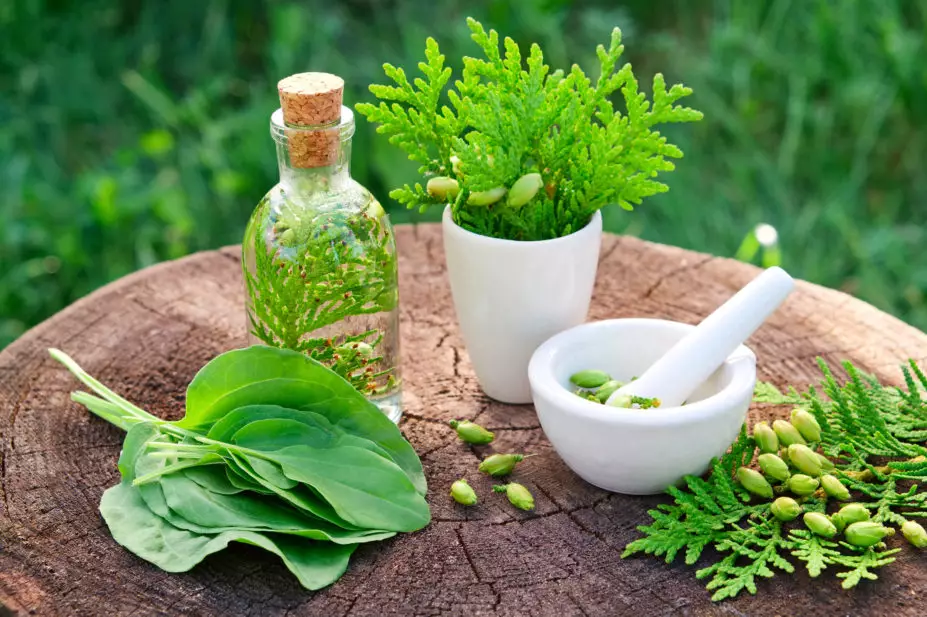
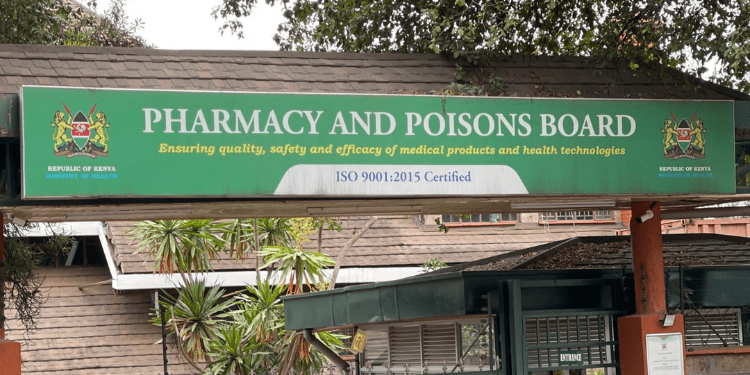
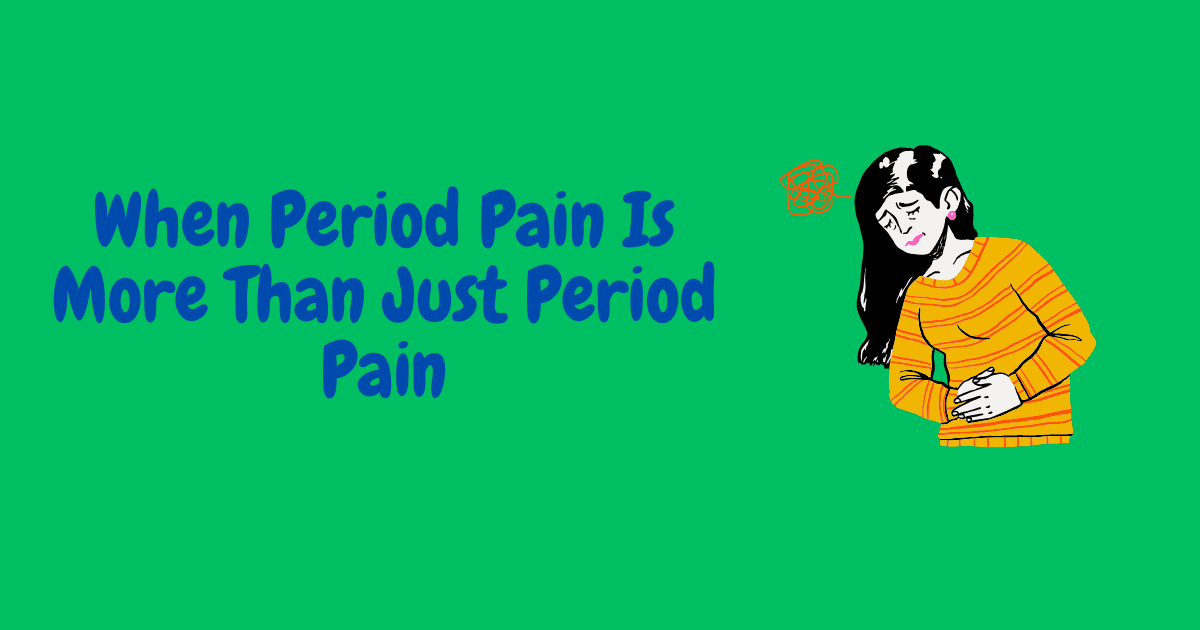
Leave a Reply